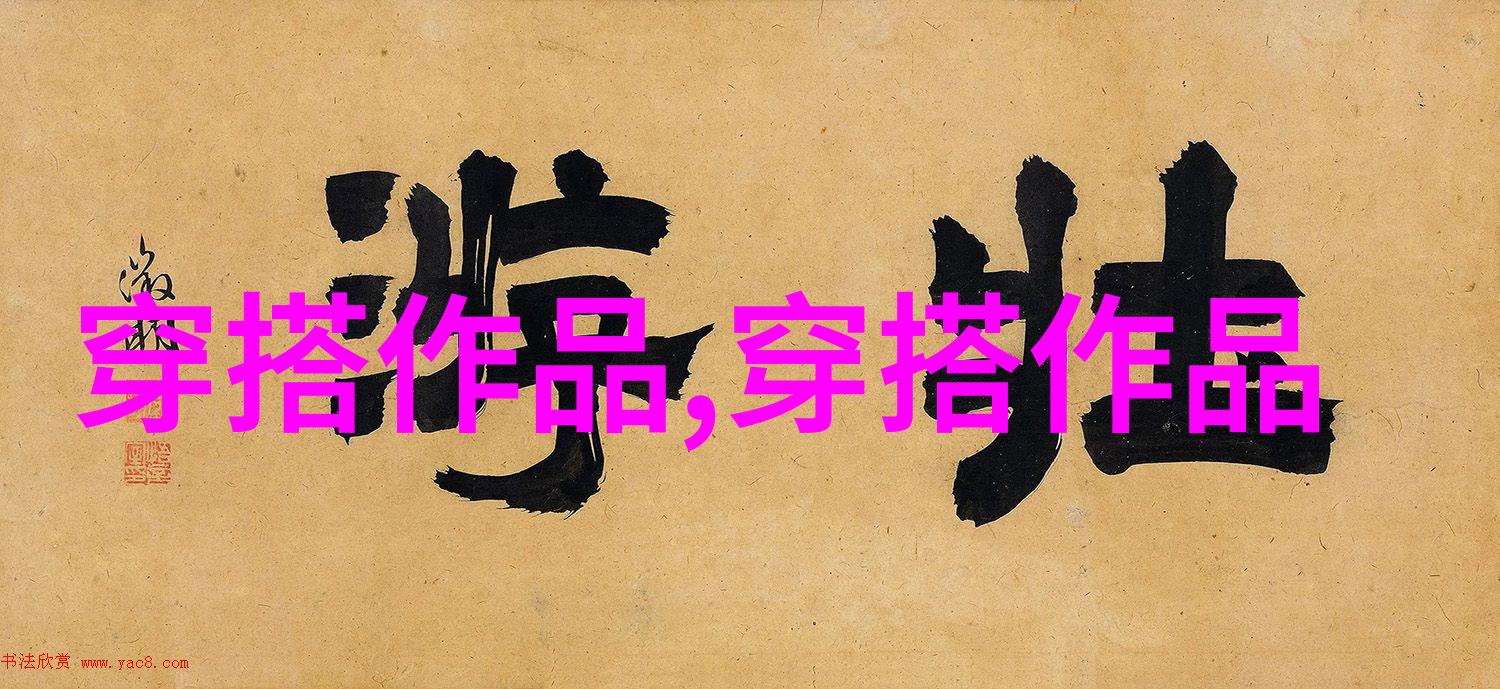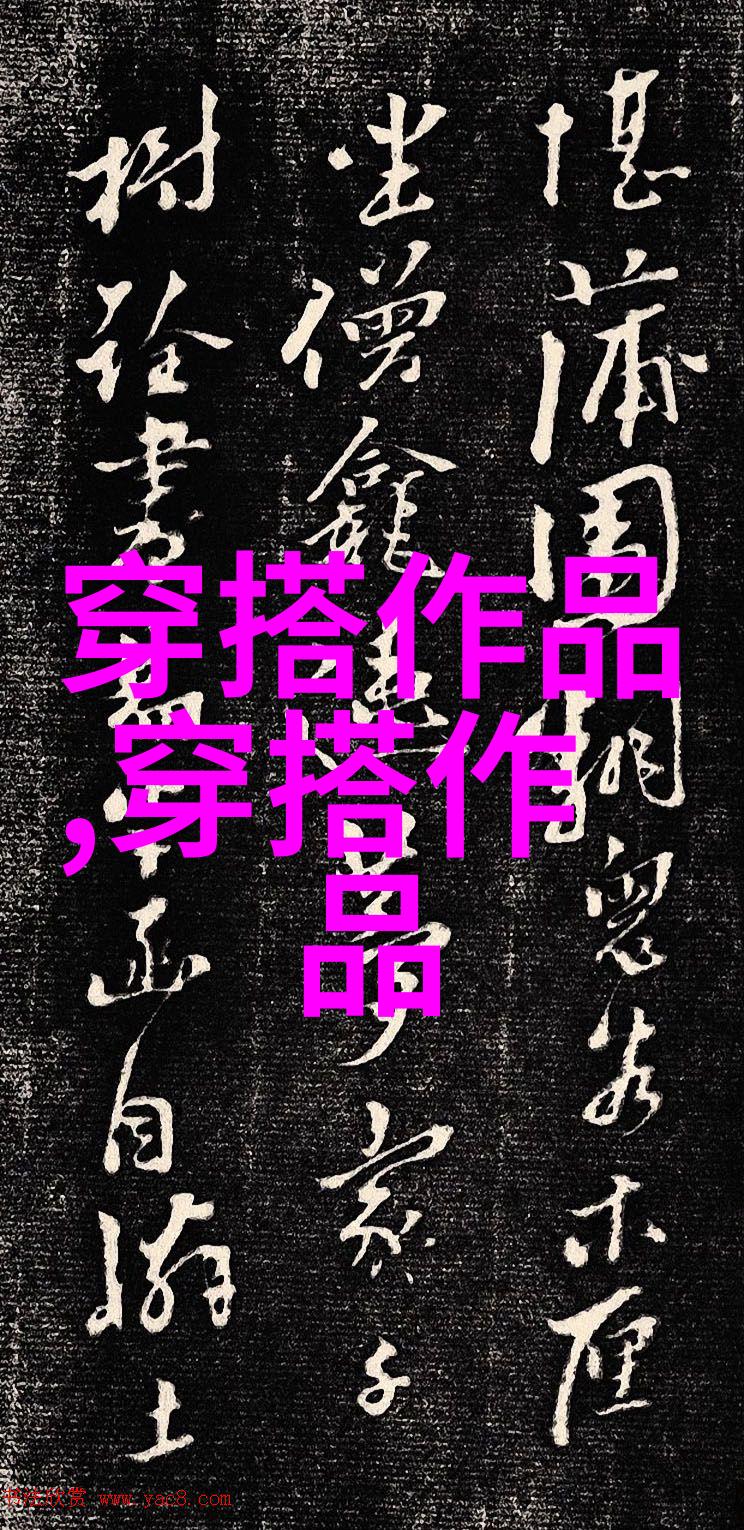潮流先锋:韩寒抨击冻卵禁令,国际社会如何看待女性的时间银行?

导语:今年7月,女星徐静蕾分享自己在美国冷冻了卵子的过程,激发了大众对冻卵话题的热议。据央视新闻报道,我国单身女性不能通过冻卵方式生育,这一禁令引发了包括作家韩寒在内的众多网民的激烈质疑。
徐静蕾的经历引发了人们对冻卵的热议

央视新闻报道称,根据我国卫生部规定,单身女性不能实施辅助生殖技术的手术。有的医院允许单身女性冷冻卵子,但在使用冷冻卵子时必须提供三证:即身份证、结婚证、准生证。
针对这一规定,作家韩寒在第一时间发微博质疑称:“想要个孩子但就是不想跟男人结婚不可以吗?自己的卵子自己还不能用了吗?女性不能独立行使生育权利吗?还有,未婚女性怀孕,都得认罚巨额社会抚养费。生育必须要和找个男人结婚吗?”他还说:“连我这个直男癌都看不下去了。”

有部分网友指出,“孩子的成长需要健全家庭和父亲教育,不然很惨。”对于这一观点,韩寒反驳称:“这是主流生活,有当然最好,但我们也要给非主流人群选择的权力。况且结婚的不是没可能离婚,还能遇到爱人。不让你想法不一样的人选择机会,还假设最坏后果。”他强调,“女性不是男人的生育机器和移动子宫。”
深度解读:单身女性不能冻卵是一种歧视

上海社科院文学所研究人员、性别平等研究者陈亚亚指出,我国对于辅助生殖技术禁止规定“主要参照计生的政策,因此也就沿袭计生的弊病,比如为了管理方便,一味盯牢 females 的身体,使得 females 受到更多限制和磨难。”
不让单身 females 冷存,那犯逻辑上的错误。她们并不意味着马上就要怀孕,可以等符合计生的政策之后再怀。这本质上都属于一种 “life insurance”。特别是在目前,对于 single males 冷存精子的情况下,不让 single females 冷存也不公平,这涉嫌性别歧视和 singles 歧视。一种人为制度限制,使得 women 在 reproductive 方面优势荡然无存,而是深受其害。

简而言之,你要想合法 birth in China,就必须在你的 eggs 还有效时尽快找到一个 man。这就是为什么 many women 在海外 cold storage their eggs —— 作为 future 生活的一个保障。而这,在国内,被当做是违法的事情。在很多方面,我们似乎仍然停留在传统观念中,没有给予 modern woman enough choices.
延伸阅读:American and Korean views on female egg freezing
American: Single women face similar reproductive issues across the globe. For instance, in America where Xu Jingyi froze her eggs, some parents even encourage their daughters to freeze their eggs as a precautionary measure. Roseann Lake, an American journalist who has lived in China for five years and is a seasoned researcher of the "leftover woman" phenomenon, once shared that one of her friends had a father who casually placed an article about egg freezing in front of her saying "you might want to consider this too!"
Japanese: In contrast to China's stance on single women's access to egg freezing, Japan takes a more open approach. In February 2023, Tokyo's nearby city of Urayasu plans to provide funding for local women to freeze their eggs as part of efforts to combat declining birth rates. A local official said that the city is considering introducing legislation allowing healthy unmarried ladies aged 20-35 living within its borders to store ova for potential future use. This policy was first published by the Japanese government back in 2013.
Korean: According to Korea Times, with modern Koreans getting married later and later, more Korean singles are turning up at clinics seeking egg-freezing services for future fertility needs. The Gangnam CHA Comprehensive Hospital alone stores ova from 107 individuals including 36 unmarried ladies. The Seoul Medical Center claims that most inquiries come from financially stable individuals who seek control over their own bodies.
In summary:
Chinese authorities maintain that only married couples can legally undergo assisted reproduction.
Many people believe this restriction infringes upon individual rights while others argue it serves social order.
Internationally there is no consensus on whether or not governments should regulate personal decisions regarding reproduction.
However it seems clear that countries like South Korea have moved towards greater acceptance of reproductive autonomy among young adults.
This debate reflects broader questions about what constitutes life choices – personal versus societal interests? Who gets left behind when policies are made?
The truth remains we all stand somewhere along this spectrum; each person’s story unique yet connected through our shared human experiences and desires for happiness & fulfillment regardless if they be fulfilled under love marriage or any other form!



